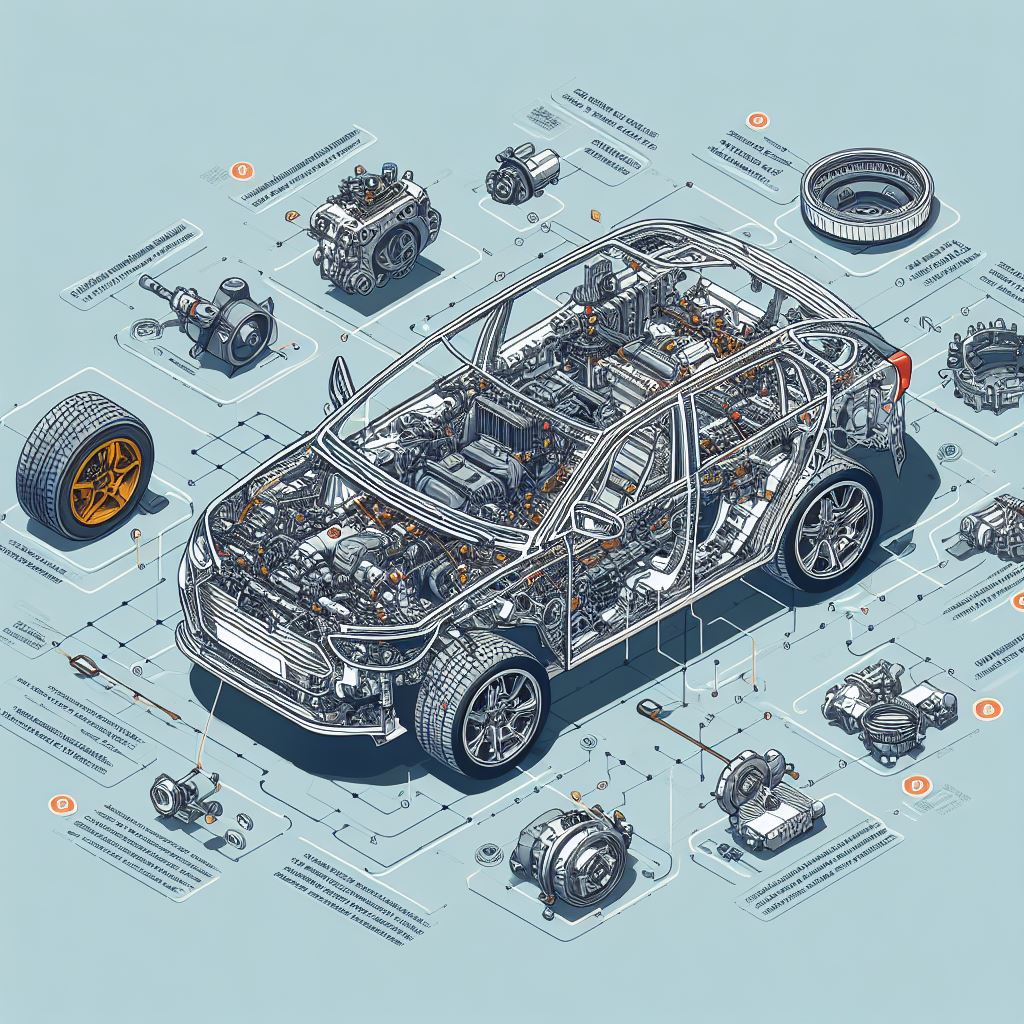We’ll delve into “Maximizing Your Car’s Lifespan: Common Causes behind Premature Car Aging, exploring issues that can lead to costly repairs and potentially shorten the life of your vehicle. But fear not, as we’ll also provide practical solutions and expert advice on how to maintain your car in peak condition. By implementing these strategies, you can ensure your car continues to serve you reliably for years to come, all while saving money on repairs and replacements.
So, whether you’re a seasoned car owner or a first-time buyer, join us on this journey to discover the key insights into preserving your car’s longevity and keeping it on the road for as long as possible. Let’s get started on the path to a longer, healthier life for your beloved vehicle.
Uncovering the Hidden Dangers
Are you a car owner who has experienced issues with your transmission? If so, you know how frustrating and costly it can be to repair or replace this vital component of your vehicle. But have you ever stopped to wonder what exactly causes damage to your car’s transmission? The answer may surprise you.
- Causes of transmission damage can range from simple wear and tear to more serious mechanical failures.
- Understanding these potential dangers can help you take better care of your car and avoid costly repairs.
- In this article, we will explore the most common causes of transmission damage and how you can prevent them.
So buckle up and get ready to dive into the world of car transmission to learn how to protect your vehicle from potential harm.
What damages car transmission
| It is important to check and change the transmission fluid to prevent damage regularly. | It is responsible for transferring power from the engine to the wheels. | A damaged transmission can significantly affect a car’s performance and safety. |
| Common causes of transmission damage include overheating and lack of maintenance. | It is important to regularly check and change the transmission fluid to prevent damage. | Transmission repairs can be costly and should be done by a professional mechanic. |
| Ignoring transmission issues can lead to further damage and potentially total transmission failure. | Symptoms of transmission damage include slipping gears, delayed shifting, and strange noises. | Modern cars may have electronic transmissions, which require specialized diagnostic tools for repairs. |
| Regularly servicing your car and addressing any transmission issues can prolong the life of your transmission. | Some car manufacturers recommend replacing the transmission fluid every 30,000-60,000 miles. | Proper driving habits, such as avoiding excessive acceleration, can also help prevent transmission damage. |
| Transmission damage can also affect a car’s resale value, making it important to address any issues before selling. | If you notice any signs of transmission damage, it is important to have it checked by a professional mechanic. | Being proactive about maintaining and repairing your car’s transmission can save you time and money in the long run. |
Common Causes of Transmission Damage
Imagine this scenario: You’re driving on the highway, enjoying the wind in your hair and the beautiful scenery around you, when suddenly your car starts making strange noises and jerking movements. You try to shift gears, but the transmission seems to be failing. Panicked, you pull over to the side of the road, wondering what could have caused this sudden and unexpected problem.

As you wait for help to arrive, you can’t help but wonder, “What damages car transmission?” Whether you’re a car enthusiast or simply a daily commuter, understanding the potential causes of car transmission damage is important for maintaining the longevity and functionality of your vehicle. In this article, we will explore the various factors that can lead to transmission damage and the potential consequences of neglecting this vital component of your car. So buckle up and get ready to delve into the world of car transmissions and the damages they can incur.
Signs of Transmission Damage
Uncovering the Hidden Dangers of Car Transmission Damage, Have you ever experienced the fear and frustration of a car breakdown in the middle of a busy highway? Or the disappointment of being stranded on the side of the road with a smoking engine and an unresponsive transmission? These scenarios may seem like a nightmare, but they can become a reality if your car’s transmission is damaged. The transmission is a vital component of your car, responsible for transferring power from the engine to the wheels. It plays a crucial role in the smooth operation of your vehicle, and any damage to it can have severe consequences.
Preventing Transmission Damage
The Heart of Your Vehicle
Your car’s transmission is the heart of its mechanical system, responsible for transferring power from the engine to the wheels. It is a complex and crucial component that allows your car to run smoothly and efficiently. However, like any other mechanical part, it is susceptible to damage over time.
Normal Wear and Tear
Just like any other part of your car, the transmission undergoes normal wear and tear with regular use. Constant exposure to heat, friction, and pressure can cause the transmission’s components to wear down and eventually fail. This is why regular maintenance and timely repairs are essential to keep your car’s transmission running smoothly.
Overheating
One of the most common causes of transmission damage is overheating. When the transmission fluid gets too hot, it can break down and lose its ability to lubricate the moving parts. This leads to increased friction and can cause the transmission to fail. Overheating can be caused by a variety of factors, such as low fluid levels, a malfunctioning cooling system, or towing heavy loads.
Contaminated Fluid
Transmission fluid plays a vital role in keeping the transmission running smoothly. It not only lubricates the moving parts but also helps to regulate the temperature and remove debris and contaminants. However, if the fluid becomes contaminated with dirt, debris, or moisture, it can cause significant damage to the transmission. Regular fluid changes can help prevent this issue.
Driving Habits
Your driving habits can also have a significant impact on the health of your car’s transmission. Frequent stop-and-go driving, aggressive acceleration, and towing heavy loads can put extra strain on the transmission and cause it to wear down faster. It is essential to drive your car responsibly and avoid putting unnecessary stress on the transmission
Important Notice for readers
Dear readers, We would like to bring to your attention the potential damages that can occur to your car’s transmission. It is important to note that the transmission is a crucial component of your vehicle, and any damage to it can be costly and inconvenient. Regular maintenance and proper driving habits can help prevent transmission issues. Still, it is also essential to be aware of warning signs such as strange noises, slipping gears, and leaking fluids.
If you experience any of these symptoms, it is crucial to have your transmission checked by a professional mechanic immediately. Remember, taking care of your transmission can save you from costly repairs in the future. Stay informed and take care of your vehicle to ensure a smooth and safe driving experience.
Frequently Asked Questions
1. What is the most important factor in prolonging my car’s lifespan?
Regular maintenance is the most critical factor in extending your car’s lifespan. Timely servicing, oil changes, and addressing issues promptly can prevent major problems.
2. How often should I service my car to ensure it lasts longer?
Service intervals vary by make and model, so it’s essential to consult your car’s owner’s manual. Generally, regular maintenance every 3,000 to 7,500 miles or every 3 to 6 months is a good guideline.
3. Does the way I drive really affect my car’s lifespan?
Yes, aggressive driving habits, such as excessive speeding, harsh braking, and rapid acceleration, can lead to premature wear and tear on your vehicle. Responsible driving can significantly extend your car’s life.
4. Are genuine manufacturer parts worth the investment for repairs?
Using genuine manufacturer parts is generally recommended, as they are designed specifically for your vehicle, ensuring compatibility and quality. While they may be slightly more expensive, they can save you money in the long run by preventing issues and providing better performance.
5. Can I maximize my car’s lifespan without spending a lot of money on maintenance?
While regular maintenance does come with a cost, it is an investment that can save you money in the long term by preventing major repairs and breakdowns. Moreover, adopting responsible driving habits, such as avoiding aggressive driving, can significantly extend your car’s life without substantial additional expenses.
Conclusion
Maximizing your car’s lifespan is not only feasible but also a practical and cost-effective approach to vehicle ownership. By prioritizing regular maintenance, responsible driving habits, and following manufacturer recommendations, you can ensure that your car remains on the road for many more trouble-free miles. This not only saves you money in the long run but also reduces your environmental footprint by extending the life of your vehicle. Remember that a well-maintained and thoughtfully driven car is not only a more reliable mode of transportation but also an investment in its longevity and your financial well-being. So, take good care of your car, and it will take care of you in return.
